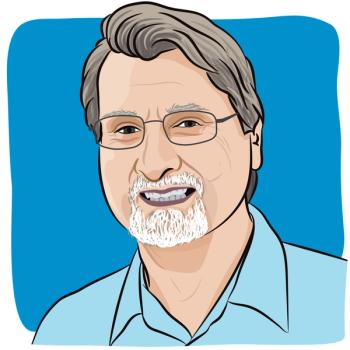
Being told to write was the best advice I could have ever received.
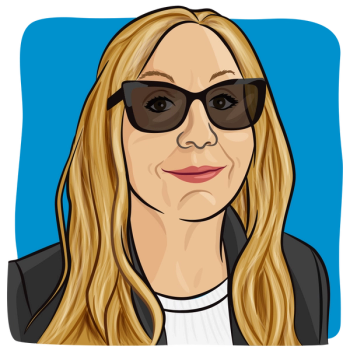
I couldn't believe that I would benefit from some of the side effects of my cancer treatment.
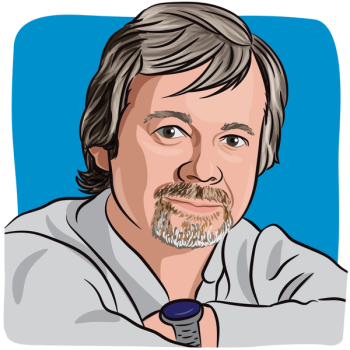
One side effect of chemotherapy that no one warned me about was frequent urination.
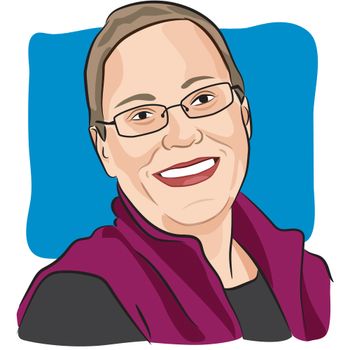
After being diagnosed with cancer, I experienced the fear of missing out, but eventually replaced it with the joy of missing out.
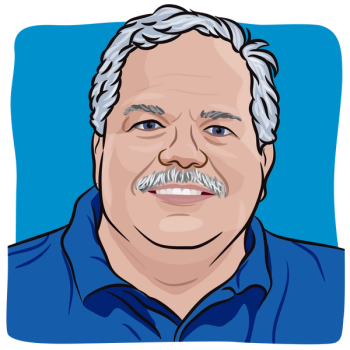
When it comes to a physical exam, you don’t know how much of an impact it could make.
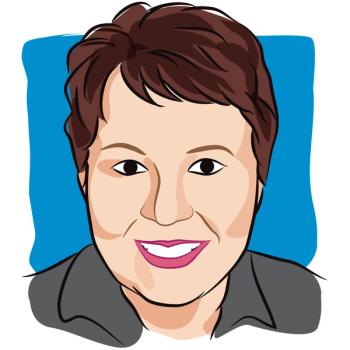
Looking back on the nine years since being diagnosed with breast cancer, here are my perceptions and reflections of the disease.
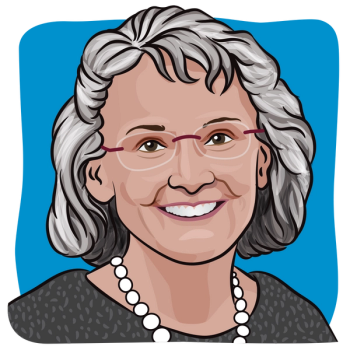
I think it was Theodore Geisel (aka Dr Seuss) who said “Don’t cry because it’s over, smile because it happened.”
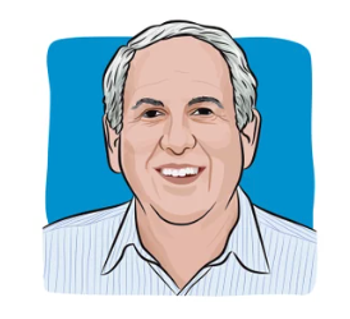
I remember my first trip to the “chemo room”.
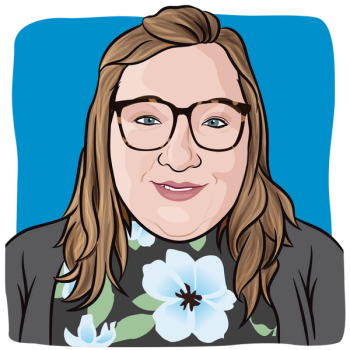
The statistics for metastatic are grim, so I made a list of my own numbers instead.
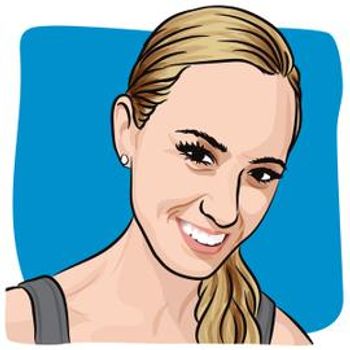
I will continue to say that I am a “survivor,” and that is the best title I could ever receive.
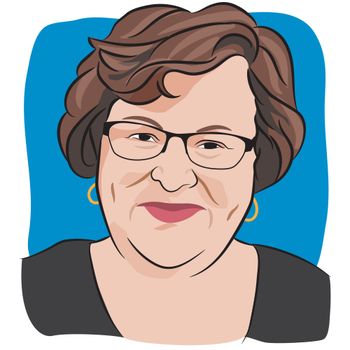
Dealing with my cancer was much easier than dealing with the possibility of my mother’s cancer.
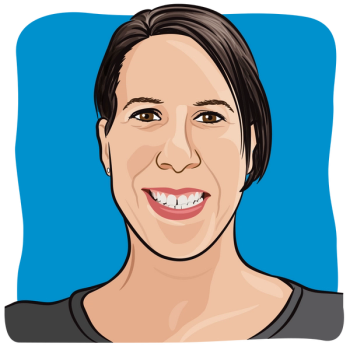
I was diagnosed with cancer just as the pandemic hit.
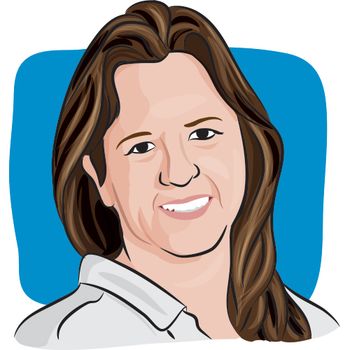
Raising awareness for cancer survivors is important, and I try to do just that.
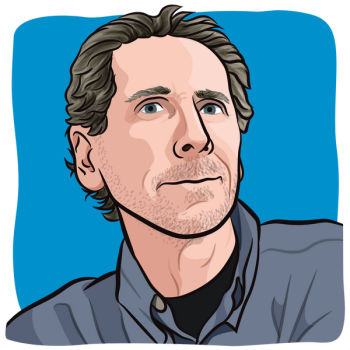
In my wife’s family, the same pathogenic BRCA2 mutation is shared among 1st, 2nd, 3rd, 4th, 5th and possibly 6th degree (too young to test) blood relatives.

Anticipating a cancer scan, I think back on my early encounters with cancer.

After chemo treatment, my nails were like tree trunks — showing ages and environmental stress with ridges.

I have a confession: I daydreamed of a “last hurrah” should my cancer treatment not work.

Lymphoma treatment came with a number of unexpected side effects for me, including a runny nose.
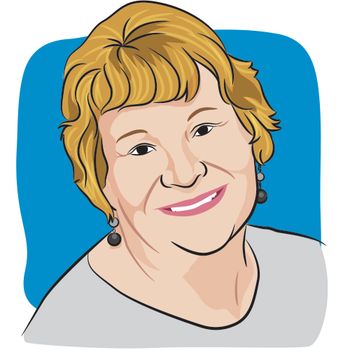
I experienced unexpected rewards of decluttering.
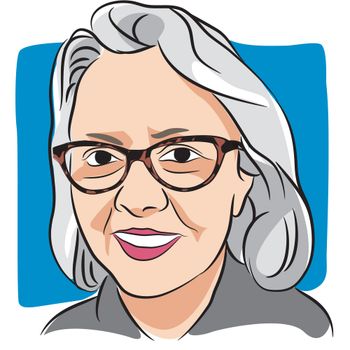
Surviving cancer means not just checking items off a bucket list, but also taking pleasure in doing the mundane, from sweeping a porch to mowing a lawn.

After two diagnoses of acute myeloid leukemia, intense chemo and a bone marrow transplant, I’ve learned some things that helped me along the way.
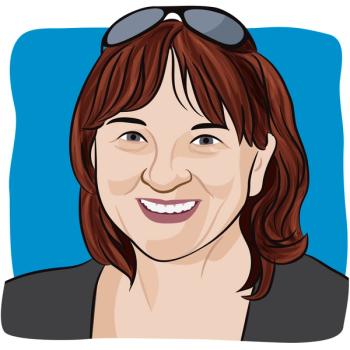
Most cancer memories are triggering for me, but one place is particularly sweet when I think back on it.
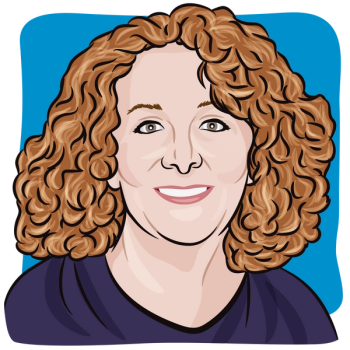
After being diagnosed with an incurable cancer, I had to reframe my thinking to focus on the positive.
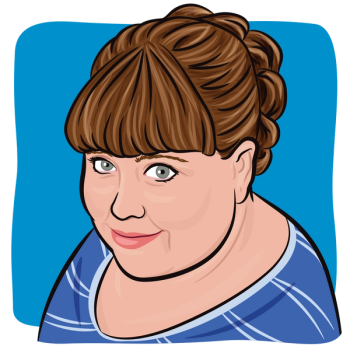
I learned that finding the right kind of support during and after a cancer diagnosis is truly invaluable.
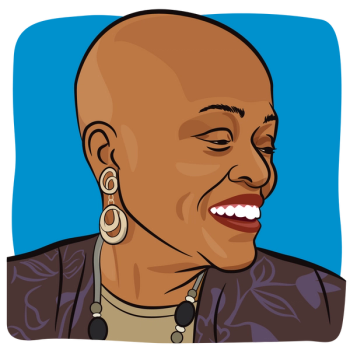
While my taste buds have returned to normal after cancer treatment, my desire to cook and eat has not.
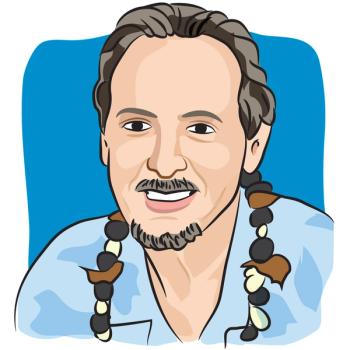
I’ve learned that “survivor’s guilt” can be another symptom of our disease.
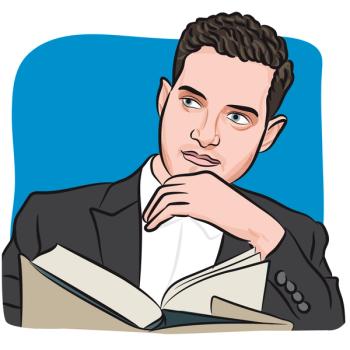
I remember hearing somewhere that there’s no such thing as achieving the perfect balance; rather, life itself is an act of constant rebalancing. I've found that to be true in life with cancer.

Genetic testing is the norm for cancer patients with familial history. How did I let it slip through the crack?

When starting chemotherapy, I was expecting hair and weight loss, but was caught off guard when my mouth began to hurt.

Sure, knowledge is power, but there’s comfort in naïveté, too, when it comes to expectations for cancer care.